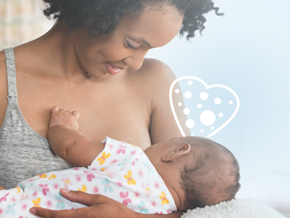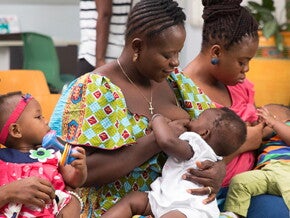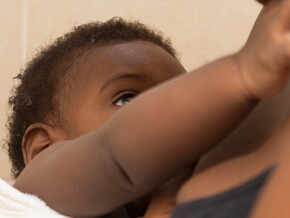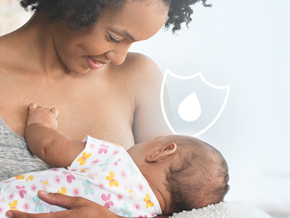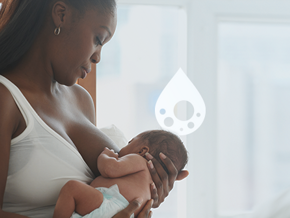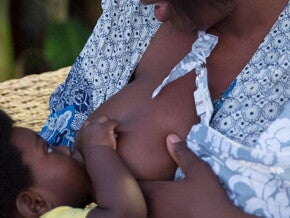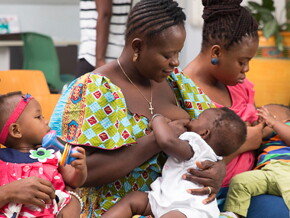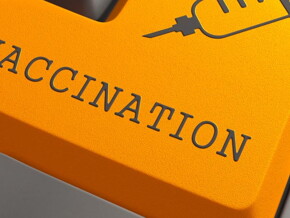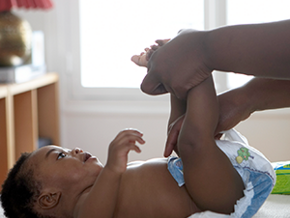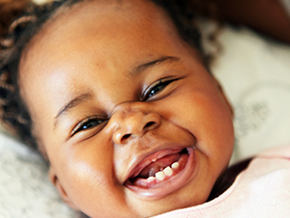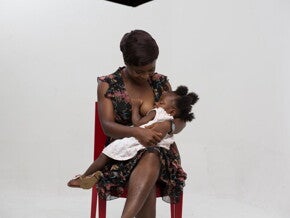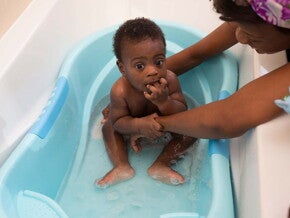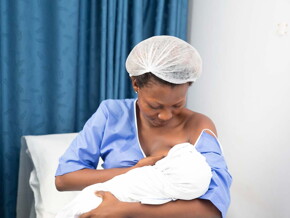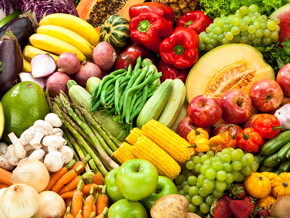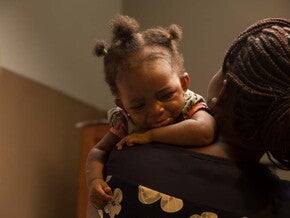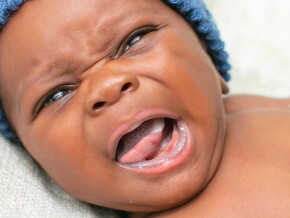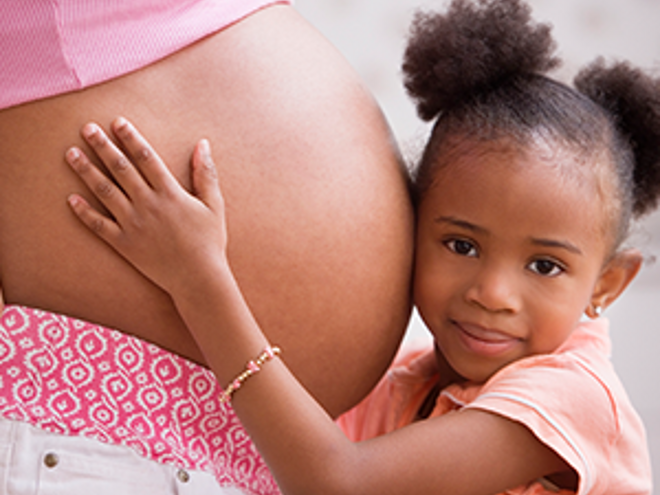
Experts generally encourage mums to wait 18 months after giving birth before getting pregnant again. Anytime sooner or later has its associated risks, especially if you’re over 35 years.
The age gap between kids has its pros and cons and you must weigh all this as you make your decision. How you space your kids can have an impact on premature birth, low birth and even death in babies.
Here are some merits and demerits of different spacing durations.
6 Months to 1 Year Age Difference
For kids generally born a year apart or less, there are merits and demerits.
Pros
- It might seem a challenge at first, but handling 2 children at the same time may make you more efficient. You may be able to multitask with changing diapers, feeding, bathing and other chores and find some spare time for yourself.
- Your eldest child is less likely to reject the new baby. It’s normal for a child to want to be the centre of attention. With the introduction of a new baby so soon, the first child has not gotten used to receiving all the attention.
- As your kids grow up, they are more likely to become best friends. Sure, they will quarrel and fight more, but they will see each other more as equals and are more likely to engage in similar activities together, like playing games and watching TV.
Cons
- Your body would not have fully recovered from the last birth. Your iron and calcium levels will be low and hence you would easily feel exhausted; this is likely to be a symptom of prenatal anaemia.
- Getting pregnant so soon after the first birth puts you at greater risk of having a premature birth. You may also give birth to a child that may develop autism.
- You are also more susceptible to getting postpartum depression or baby blues.
- If you had your first child by C-section, delivering a second child vaginally may come with some complications.
- You would have divided attention. By this time, you are still dealing with the demands of the first child. Adding another baby means more diaper changes, and sleepless nights. All this can take a toll on your health.
- It’s harder to nurture that mother-baby bond when you have a toddler and a new-born to handle. Each will demand your attention.
- Some parents love to pass on the baby gear of the first child to the new-born. This might not be possible in this instance, since much of the clothing, cribs or strollers may still be in use by the first child.
2 to 3 Years Age Difference
Pros
- This gap is generally healthier for you and baby. Your body would have recovered after your last pregnancy. Remember waiting at least 18 months after the last pregnancy. You are at a lower risk of labour complications especially 3 years after your first birth.
- With the first child entering the toddler years, he or she may be easier to handle. They may be entering pre-school and this may give you some alone time with the baby.
- Your first child may have gotten better with potty training and you won’t have to worry about changing diapers for two.
- You would also feel confident about handling the second child with all that you learned from the first birth.
Cons
- You are still going to be extremely stressed. Your first toddler is still not fully independent enough to take care of themselves and will need you to cater to their needs.
- Sibling Rivalry
Your first toddler may become jealous and act aggressively towards the newcomer. Kids generally love to be the centre of attention and your first child wouldn’t want to lose that or share their toys and belongings. They may become more defiant towards you and be extra demanding.
- Child regression
Some kids, with the arrival of a sibling, begin to exhibit behaviours typical of their early toddler years. These include sucking their thumbs and generally acting like a baby.
4 Years And Above
You might decide to have another child, 4 years or more after the first. By this time, the first child should be quite mature and may not need your continuous attention.
Pros
- Your first child will be able to handle the arrival of the new-born much better. The feelings of jealousy and aggression is less likely and they will be more gentle on baby.
- You would also get to spend more time with each child. There’s more time for fun activities like play and reading.
- Your stress is less. Your eldest child might even be mature enough to offer you a helping hand with the new-born baby. They may help you dress baby or tuck baby in for the night.
Cons
- You are likely to suffer some birth complications. Your risk is far higher as compared to other women who wait two years to conceive. The longer the gap (i.e. 4 years or more), the higher the risk.
- By this time, you might have forgotten most of your baby handling skills and may find it hard handling a new-born baby again.
- Your kids will not be as close as they would have been with a smaller age gap. They might have separate interests and prefer to enjoy totally different activities. This means developing separate fun activities for both of them. This will in turn increase your stress.
When it comes to spacing your kids, it’s always good to consider how much time has passed since your last birth. The sweet spot is usually 18 months. Any time earlier than 18months or later than 4 years comes with birth complications.
It is also great when you have a supportive partner to take some of the load off your hands. In any case, listen to your body and always see a doctor whenever you are in doubt.
